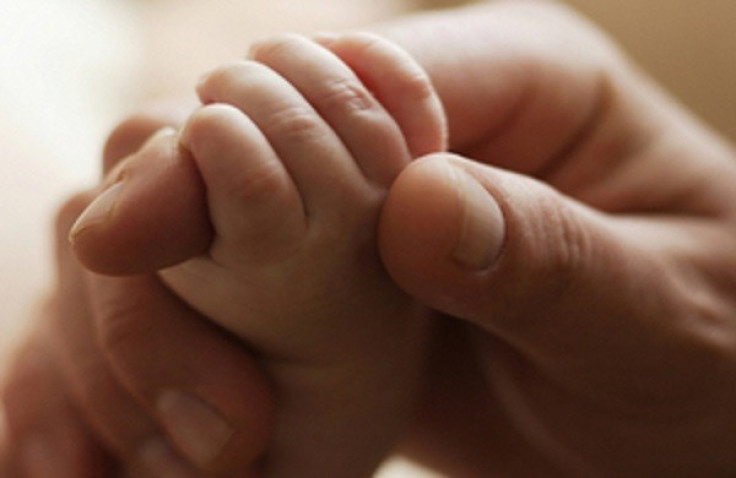IVF Breakthrough: UK Plans World’s First Baby Using DNA of Three Parents

Britain looks set to be the first country in the world to allow the creation of IVF babies using DNA from three people in a bid to prevent childhood diseases.
The landmark decision by the Department of Health means that women could prevent passing on genetic disorders to their children by using DNA from a second healthy female donor.
The controversial procedure, known as mitochondrial transfer, helps target diseases caused by a faulty mitochondria - the energy source in a cell - such as muscular dystrophy and heart and liver conditions.
Draft regulations are expected to be produced by August and debated in parliament. If MPs approve, the first patient could be treated under the procedure within months.
Mitochondria replacement involves transferring nuclear genetic material from a mother's egg or embryo into a donor egg or embryo that has had its nuclear DNA removed so the embryo does not inherit the mitochondrial disease. This would allow a woman carrying mitochondrial diseases to have healthy children.
Experts say the procedures would be likely to be used only in about a dozen women every year.
Mitochondria are tiny "power packs" in cells that give the body energy. They are passed from a mother through the egg to her child.
Defects can leave body cells starved of energy, resulting in muscle weakness, blindness, heart failure and death.
One in 6,500 babies is born with mitochondrial disorder.
Chief medical officer Prof Dame Sally Davies said: "Mitochondrial disease, including heart disease, liver disease, loss of muscle co-ordination and other serious conditions like muscular dystrophy, can have a devastating impact on the people who inherit it.
"People who have it live with debilitating illness, and women who are affected face passing it on to their children. It's only right that we look to introduce this life-saving treatment as soon as we can."
Prof Doug Turnbull, the director of the Wellcome Trust Centre for Mitochondrial Research at Newcastle University, said he was delighted at the government's decision to pursue the new technique
More reproductive choice
He added: "This is excellent news for families with mitochondrial disease.
"This will give women who carry these diseased genes more reproductive choice and the opportunity to have children free of mitochondrial disease. I am very grateful to all those who have supported this work."
Ethical issues have been raised, however, with some critics concerned that the technique effectively creates a baby with three genetic parents.
Josephine Quintavalle, founder of the group Comment on Reproductive Ethics (CORE), argued that it went against human dignity and international law.
She said: "We're obviously outraged, but it's not just my outrage and the outrage of many people in the United Kingdom - it's worldwide.
"People just mustn't sit back comfortably and think this is a great idea: we're going to cure disease and get better.
"It's crossing a line that many, many experts in ethics and genetics and scientists generally are very concerned about worldwide."
© Copyright IBTimes 2024. All rights reserved.






